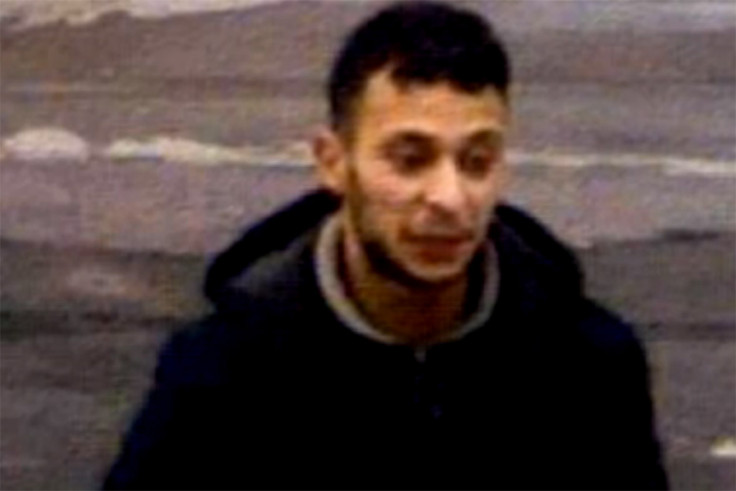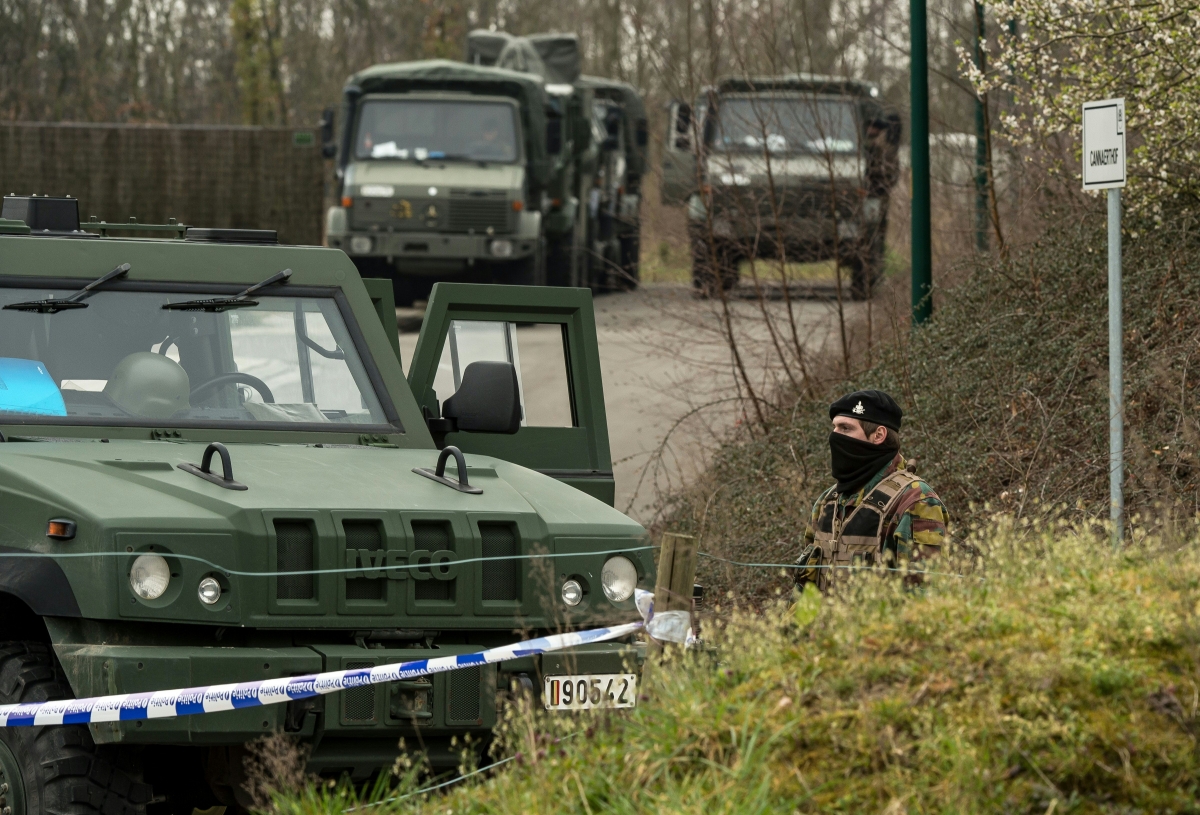Brussels attack: Police in new anti-terror operation as Isis suspect Salah Abdeslam vows to cooperate

Police in Belgium conducted fresh terrorism-related searches as a lawyer for Salah Abdeslam said the suspected Paris attacker has agreed to cooperate with French authorities. Belgian security forces were deployed to a wooden area west of Kortijk, a city near the French border, in what local media said was an operation linked to the arrest of Reda Kriket, an alleged Islamist militant near Paris.
Images from the scene showed police and the military combing an area off a Shell petrol station on an interstate road in the municipality of Marke. Kriket, 34, was held on 24 March in the Paris suburb of Argenteuil on suspicion he was planning an imminent attack.
At the premises Police found fake passports, mobile phones and a large number of weapons, including several assault rifles and quantities of TATP, the same explosive used in the Paris and Brussels bombings.
The French national is believed to have had ties to the mastermind of the Paris attacks Abdelhamid Abaaoud, along whom he was sentenced in absentia to 10 years in prison by a Belgian court for recruiting fighters for the Islamic State (Isis) in 2015.
Meanwhile, Abdeslam, the prime living suspect of the 13 November attacks in Paris, pledged to turn supergrass, according to one of his lawyers. Cedric Moisse said his client will not fight extradition to France, contrary to what earlier suggested, and is willing to cooperate with the county's anti-terror investigators.
"He agrees to the execution of his European arrest warrant and I can also confirm that he is willing to cooperate with French authorities," Moisse told reporters. The alleged jihadi was captured at the end of a 4-month manhunt on 18 March just a few hundred meters from his home in the Brussels district of Molenbeek.
He is currently detained in a Bruges prisons and was due to be heard by judges deciding on his extradition on 31 March. Belgian authorities have agreed in principle to transfer the suspect to their French colleagues but the handover could be delayed by the investigation into the suicide blasts that hit Brussels airport and subway network just days after he was arrested. Both the Paris and Brussels attacks were claimed by IS (Daesh).
Separately on 31 March, Brussels airport police claimed the bombing at the terminal could have been prevented if their superiors had listened to the repeated security concerns they had raised. About 100 security officers working at the airport signed an open letter lamenting "strong daily signals regarding the overall security at the airport" had gone unheeded.
The letter said poor controls meant it was possible that Isis had sent scouts ahead of the bomb blast to "assess the security lapses and plan terror." "There had not been any security control of passengers or luggage from the airport complex right up to the centralized body searches [area]," the officers added also lamenting that numerous members of the airport personnel had a criminal record.
Worryingly Vincent Gilles, the head a local police union told broadcasted RTL that officers had heard a number of baggage handlers celebrating the Paris attacks in November.




© Copyright IBTimes 2025. All rights reserved.




















